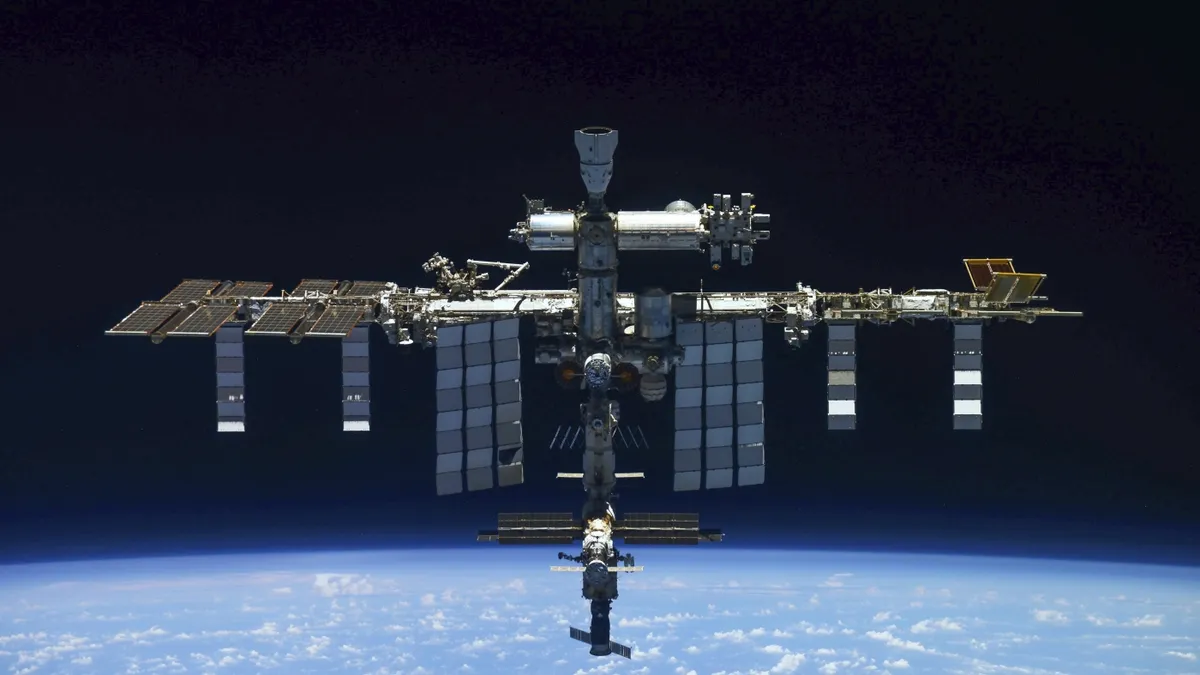
When Casey Dreier, the chief of space policy for the Planetary Society, first examined President Trump’s proposed budget for NASA, he was taken aback by the stark figures. Dreier expressed his dismay, stating, “This is the worst NASA budget I've seen in my lifetime.” The budget outlines significant cuts to NASA's Science Mission Directorate, which is responsible for vital projects that range from advanced telescopes exploring the cosmos to robotic missions investigating planets like Mars.
The proposed budget cuts are so substantial that they threaten to shut down active spacecraft that currently yield valuable scientific data, all for a fraction of what U.S. taxpayers invested in these missions, according to Dreier. This situation is not isolated to NASA; Trump's federal budget proposal suggests severe reductions across a vast segment of America's scientific infrastructure.
The implications of these proposed budget cuts extend beyond NASA. The National Science Foundation (NSF) would face a staggering 50% reduction in funding, while the National Institutes of Health could lose as much as $17 billion. Additionally, agencies such as the Energy Department, the U.S. Geological Survey, and the National Oceanic and Atmospheric Administration would also experience significant funding cuts, amounting to billions of dollars. Sudip Parikh, CEO of the American Association for the Advancement of Science, warns that if Congress aligns with Trump’s budget outline, it would result in a devastating impact on scientific research across universities and laboratories nationwide.
“It hollows out science across the country,” Parikh comments, emphasizing that the repercussions would not be confined to specific sectors but would resonate throughout the entire scientific community.
While much of the current dialogue surrounding Trump’s economic policy has centered on tariffs and their potential to increase consumer prices, economists are raising alarms about the long-term implications of his dismal research budget. Andrew Fieldhouse, an economist from Texas A&M University, points out that fundamental science is pivotal for America’s economic growth. He states, “In dollar terms, the economic returns are really, really high.” Historically, government investments in research and development (R&D) have driven approximately 20% to 25% of all U.S. private-sector productivity growth since World War II.
To illustrate this point, consider the NSF grant 8107494 awarded to scientist John J. Hopfield in 1981, which focused on the theoretical study of biological molecules. Worth just under $300,000 at the time, this funding supported research that would lay the groundwork for the artificial neural networks that now fuel the multibillion-dollar AI industry. Hopfield's groundbreaking work also earned him a Nobel Prize in physics last year, underscoring the long-term value of investing in fundamental research.
Some economists, like Richard Stern from the conservative Heritage Foundation, argue that the private sector should take the lead in funding basic research in the United States. He believes this shift would drive growth more effectively. “I think getting the federal money out of this — making these labs sing for their supper — is the better way to stimulate growth by far,” says Stern. However, even he acknowledges that cuts to scientific research funding wouldn’t rank high on his list of spending priorities.
Conversely, many experts caution against the notion that the private sector can fully replace government funding for basic research. Vasudeva Ramaswamy, an economist at American University, argues that the private sector often underinvests in foundational research because the returns are typically too abstract and the economic benefits too far off. He warns that if Congress approves Trump's proposed budget cuts, America’s future gross domestic product (GDP) could shrink by over 4%, a contraction comparable to the economic downturn experienced during the Great Recession.
Ultimately, the proposed cuts to NASA and other scientific agencies are just that — proposals. It is Congress that will determine the final budget. However, should lawmakers decide to adopt Trump’s budget recommendations, Ramaswamy predicts that the ramifications could be far-reaching, impacting the economy and resulting in reduced tax revenues. “The economy tomorrow is going to be smaller because you decided to cut that funding today,” he cautions, highlighting the importance of investing in science for a prosperous future.